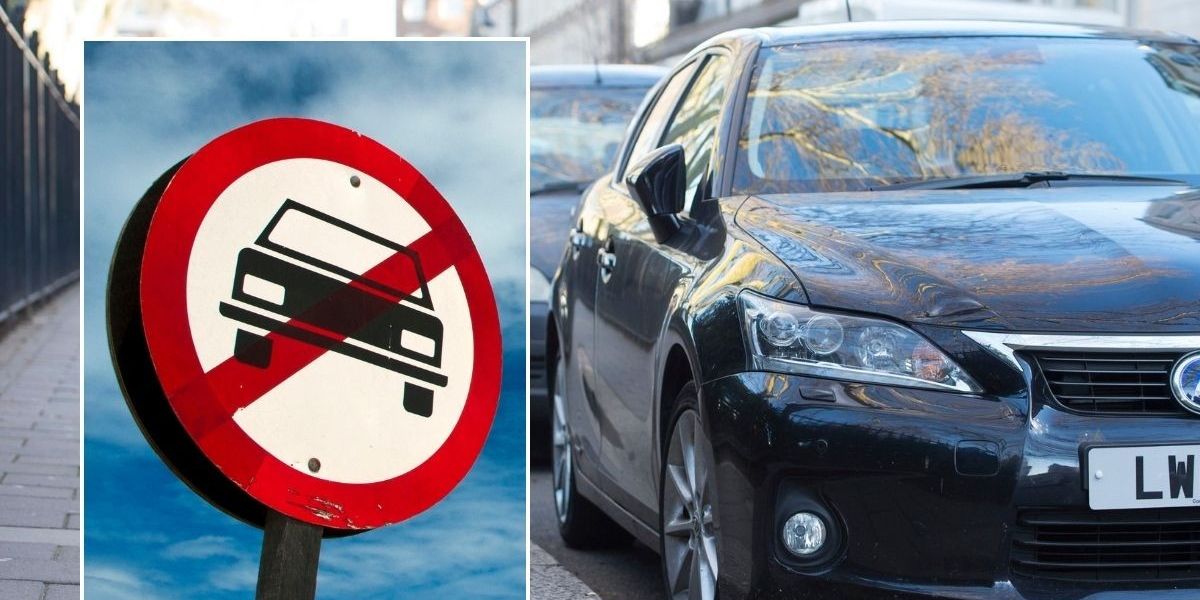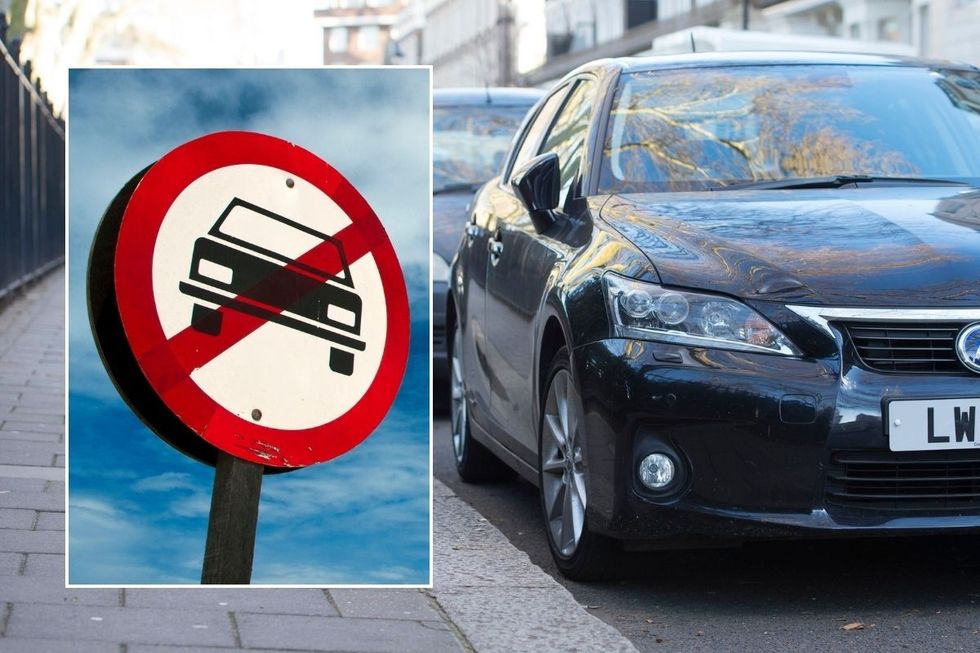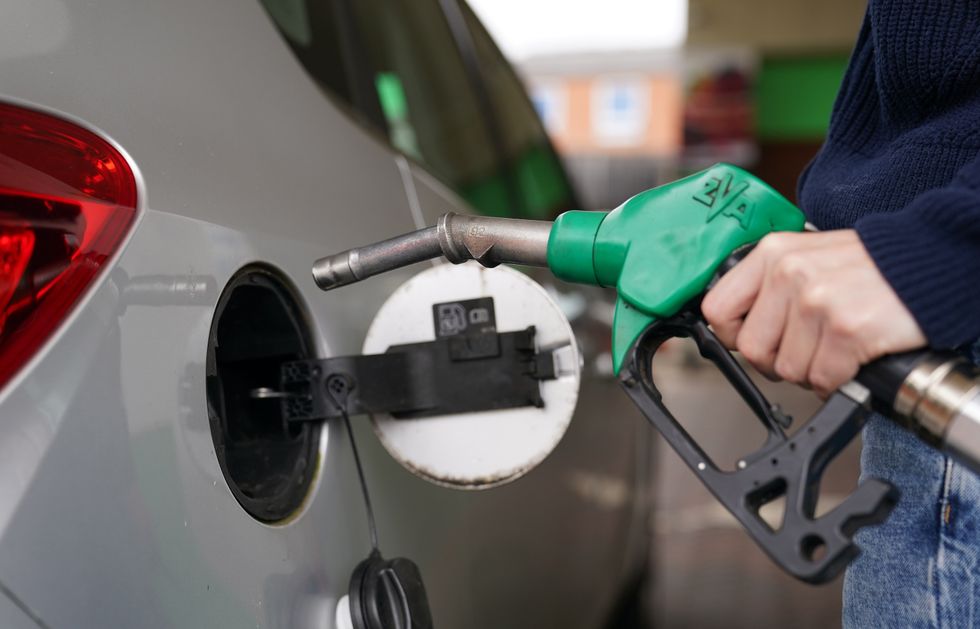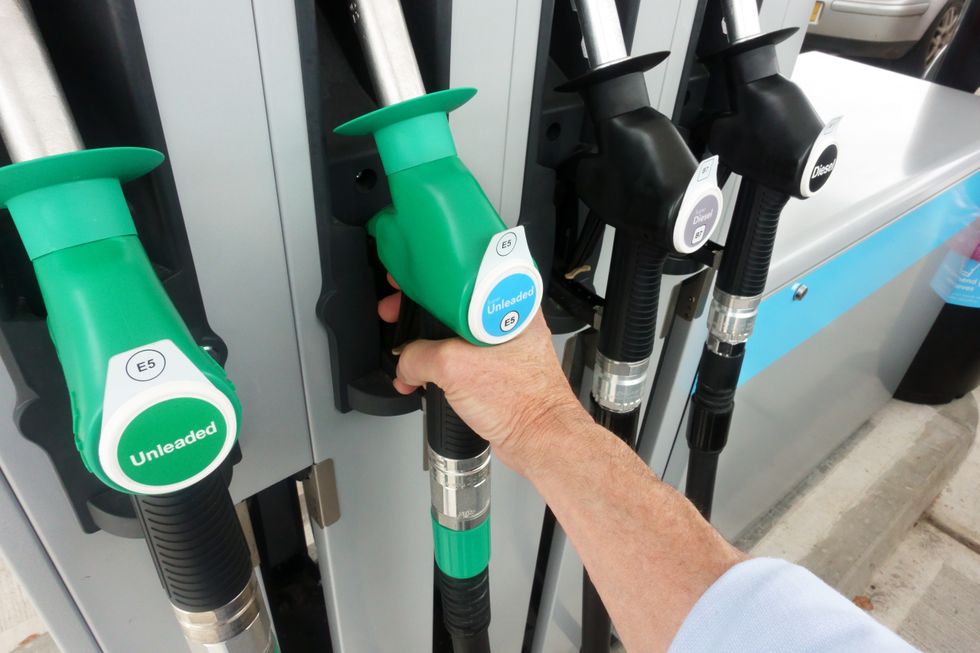



US lawmakers have moved to block California's landmark environmental rules, which would have banned petrol cars from roads by 2035.
It comes after the Senate has followed the House of Representatives in voting to nullify a waiver granted to the state, which allowed it to introduce stricter auto emissions standards than those set by the Federal Government.
The vote was considered a victory for Republicans, energy firms and carmakers, while dealing a blow to Democrats and environmental groups who viewed the rule as a crucial step in addressing pollution and climate change.
President Donald Trump is expected to sign the measure, which would effectively kill the law and set the stage for a legal battle with California, whose officials have already indicated they plan to sue over the move.

The block on the 2035 ban of petrol cars could signal the end of electric vehicles in the US
GETTY/PAThe Senate passed the measure last Thursday with a vote of 51-44, largely along partisan lines. The resolution revokes a waiver that former President Joe Biden's Environmental Protection Agency granted California.
Both the Government Accountability Office and the Senate parliamentarian had said Congress was not following proper procedure to repeal the rule. The leader of the Democrats in the Senate accused Republicans of using a "nuclear option" to block the waiver.
The car industry had pushed for the Federal Government to block the policy. The Alliance for Automotive Innovation, a trade group for car and battery makers, said the legislation was crucial for consumer choice and to keep the American car industry competitive.
Critics had also argued that the standards, which included the requirement that electric cars make up 35 per cent of new car sales in 2026, were unachievable.
California Attorney General Rob Bonta condemned the move, stating that the Federal Government's overreach is "illogical, politically motivated, and it comes at the expense of Californians' lives and livelihoods." He confirmed the state would pursue legal action.
Governor Gavin Newsom also criticised the Senate's decision, warning that Senate Republicans were "illegally using the Congressional Review Act to undermine California's work to make and keep the air breathable."
But John Bozzella, president of the Alliance for Automotive Innovation, defended the vote: "The fact is these EV sales mandates were never achievable. There's a significant gap between the marketplace and these EV sales requirements."
Carmakers had argued that the credit scheme would force them to buy credits from Tesla rather than investing in their own electric vehicle technology.

In the UK the Zero Emission Vehicle mandate was pushed forward to 2030
PAHowever, Natural Resources Defence Council president Manish Bapna insisted halting the standards made "no sense", as they "reduce costs for drivers, boost domestic manufacturing, improve air quality, and help address the climate crisis."
California's ban would have had far-reaching effects beyond its borders, with roughly a dozen other states, including New York, Massachusetts, Colorado and New Mexico, intending to follow California's rules, representing more than a third of the US car market.
Electric vehicles, including hybrids, currently represent about 10 per cent of new car sales in the US, compared with roughly 30 per cent in the UK last year, according to the International Energy Agency.
In California specifically, zero emission vehicles accounted for about 25 per cent of new cars registered last year, a figure that has remained flat since 2023.

California hoped to ban all petrol cars by 2035
GETTYThe UK has taken a different approach, with the Government putting forward a plan to phase out sales of new petrol and diesel cars by 2030, five years earlier than California's now-imperilled target.
Trump had previously attacked California's plan to phase out petrol cars during his first term, when he moved to strip California of its powers. This set off a legal battle that ended when Biden won the 2020 election.
